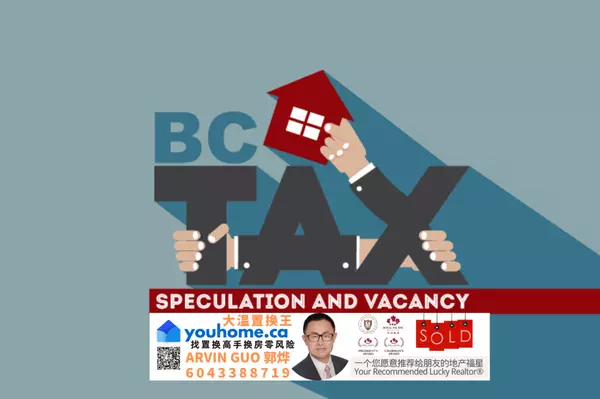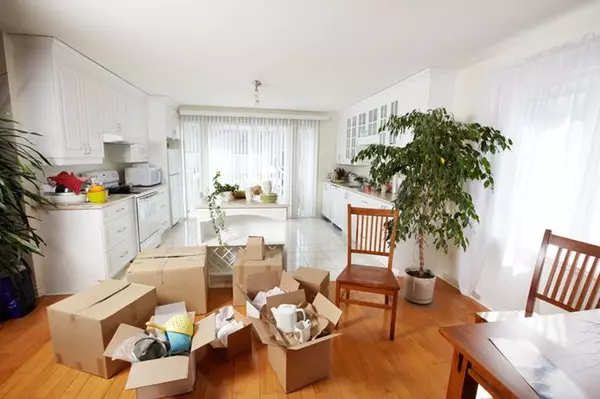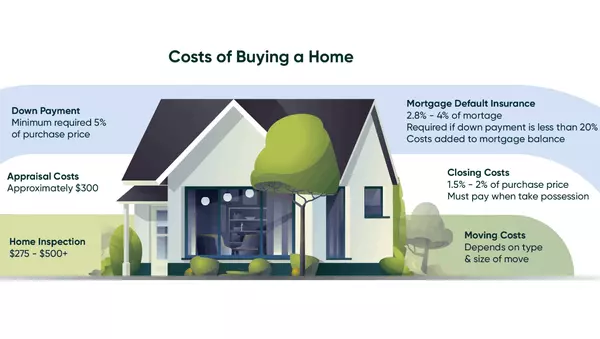PREPARATION BEFORE POSSESSION DATE

FOR SELLERS (卖家交房前准备工作)4 WEEKS BEFORE THE POSSESSION DATE (交房日四周前) Begin packing开始整理打包家私 Choose your mover and confirm the arrangements提前预定好搬家公司 Do a change of address or register Canada Post Mail Forwarding Service 更新地址或注册使用加拿大邮政邮件转寄服务 Close or Transfer your utilities account: Gas / Electric / Ph
Read MoreDECLARE VACANCY TAX & PAY PROPERTY TAX

Underused Housing Tax (UHT) The Underused Housing Tax is an annual federal 1% tax on the ownership of vacant or underused housing in Canada that took effect on January 1, 2022. The tax generally applies to foreign national owners of housing in Canada. However, in some situations, this tax also app
Read More-

Tips for the Moving ProcessIt’s official: you’ve signed the papers, dotted all the i’s and crossed the t’s—you own a new home! You’ve almost reached the end of your journey. However, now, faced with the daunting task of moving, it may seem as though the journey has just begun. Moving can be a time-c
Read More EXPENSES TO EXPECT WHEN BUYING A HOME

Buying a Home: What Expenses to ExpectBudgeting for a new home can be tricky. Not only are there mortgage installments and the down payment to consider, there are a host of other—sometimes unexpected—expenses to add to the equation. The last thing you want is to be caught financially unprepared, b
Read More
Categories
Recent Posts










